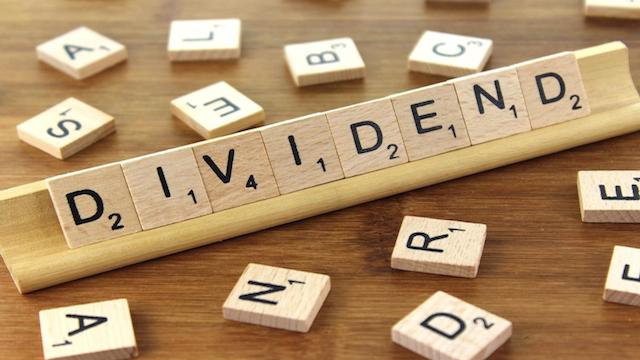Shares in BT Group (LSE: BT-A) rallied last Friday as investors welcomed news that Ofcom — the telecoms regulator — would ease price controls on the FTSE 100 company’s broadband network (Openreach) in order to push for more investment in fibre optic lines.
Within its announcement, Ofcom stated that the monthly wholesale charge for a basic 40 megabits per second broadband package on BT’s copper network would be reduced to £11.92 by 2021 — less punitive than the £11.23 once proposed. This will hit companies like Sky and Talk Talk who now face higher charges for accessing the £24bn cap’s network. Although this move will still dent Openreach’s revenue and profit by £80m-£120m according to BT, it does at least provide some certainty on pricing for the next three years.
The flip side is that this decision will heap more pressure on the company to increase the availability of full fibre broadband — currently available in only a very small percentage of homes and offices in the UK — while also allowing rival companies (such as Hyperoptic) greater access to its telegraph poles and underground ducts. Whether the company can continue to pay its dividends as a result of increased capital expenditure, not to mention its highly-publicised pension deficit, remains to be seen.
Should you invest £1,000 in Tesla right now?
When investing expert Mark Rogers has a stock tip, it can pay to listen. After all, the flagship Motley Fool Share Advisor newsletter he has run for nearly a decade has provided thousands of paying members with top stock recommendations from the UK and US markets. And right now, Mark thinks there are 6 standout stocks that investors should consider buying. Want to see if Tesla made the list?
Having pretty much halved in value in two years, it’s perhaps a little too early to say whether recent developments could lead to a more sustained rise in the share price. To be clear, BT is still very much loathed by the market.
Nevertheless, with the stock trading on just 9 times earnings, an awful lot of negativity already looks baked into the price. Furthermore, BT’s shares look hugely undervalued on at least two other metrics, according to my Foolish colleague Rupert Hargreaves.
A better option?
While I continue to believe that BT’s shares offer decent value at the current time, it’s perhaps unsurprising if some investors a wary of throwing their capital at the company. As such, I think insurance giant Aviva (LSE: AV) is a great alternative for those looking to generate an income from their portfolio.
Last week, the company announced that it had reached an agreement to sell its remaining Spanish businesses — Caja Granada Vida and Cajamurcia Vida — to state-owned Bankia for €202m (£178m). This move follows on from the insurer’s decision to offload stakes in a number of joint ventures last year in order to focus on operations in the UK and Canada. According to CEO Mark Wilson, the sale represented a “strong return” for the company’s owners, helps to “further simplify” the company, and improves its “already healthy capital position“.
Like those of BT, shares in Aviva trade on a fairly cheap-looking valuation at just 9 times predicted earnings for 2018. Thanks to its willingness to hike dividends at a rapid pace over the last few years, the company is also expected to offer a 5.9% yield based on its current share price with payouts comfortably covered by profits — something that can’t be said for all companies in the FTSE 100. Indeed, with free cash flow looking very strong indeed, I’m tempted to suggest that the £20bn cap’s dividends are among the safest in the market’s top tier.
With full-year results expected on 8 March, I don’t think it will be long before the share price highs achieved almost exactly one year ago are tested again.








